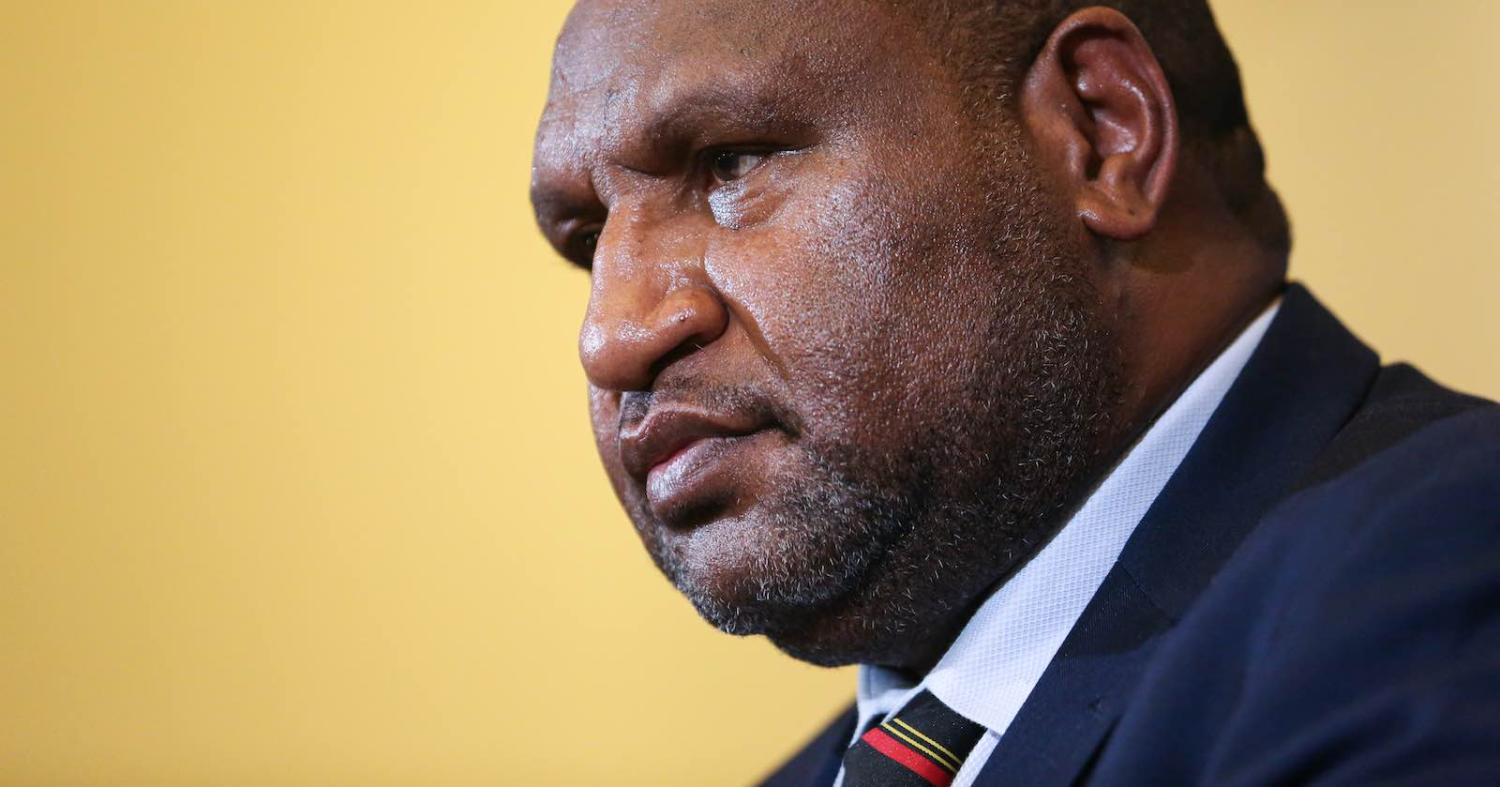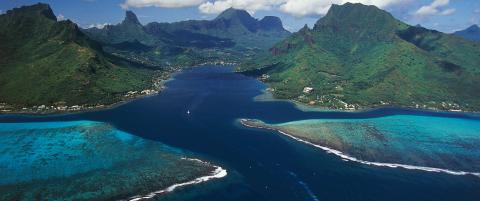So was this serious? Or have the past month’s political events been a cunningly disguised economic rescue package for Papua New Guinea’s resort and restaurant industries?
It was more than a month ago that PNG was thrown into political crisis when Deputy Prime Minister Sam Basil led a number of ministers and MPs to walk away from the government to the opposition.
That was the first surprise salvo in a campaign to knock off James Marape as prime minister in a vote of no confidence. Rival “camps” at rival resorts on rival sides of the country soon took shape, along with a Covid-19 outbreak and multiple trips to Papua New Guinea’s Supreme Court, including one case that invalidated the parliament’s vote on the budget.
And then – the crisis was over.
On Wednesday, Sam Basil walked back across the chamber with a number of MPs to rejoin the government. That allowed the government to see off the challenge – and pass the budget for a second time.
Oppostion benches back to being half empty..
Posted by Bryan Kramer on Tuesday, 15 December 2020
You might be left questioning the Bulolo MP’s motivations. It was just over two months ago that Basil had been appointed Deputy Prime Minister – presumably an attempt by Marape to stave off the political manoeuvring.
From mid-November until Sunday, Basil was a full-throated member of the opposition, pledging solidarity and signing on to a manifesto criticising the failures of the government to deal with its finances and big resource projects. But at the weekend, the Opposition camp snubbed him, choosing instead another former Marape Minister – Patrick Pruaitch – as its proposed candidate in the vote against Marape.
How Marape puts all this back together will be his challenge for 2021. Domestically, the constitutional window of potential votes of no confidence has been opened – and won’t close again until July.
From that point, the opposition’s momentum collapsed, validating suspicions that it would not be able to rally around a consensus candidate – with divisive but influential former PM Peter O’Neill opting to remain in the background. By Wednesday, Basil was again in his government frontbench chair back where he started as Marape’s deputy.
But the rest of PNG is perhaps not so lucky as Basil. Weeks of inertia have derailed the government’s momentum. Reform of the country’s debt-heavy state-owned enterprises has stalled after the minister aligned himself with the opposition defectors. Talks between the national government and Bougainville over the Autonomous Region’s political future were abandoned amid the turmoil. Negotiations on resource projects – such as restarting the shuttered Porgera mine, and moving ahead the proposed Papua LNG expansion – have also been under a cloud. And the courts have once again had to get involved in politics, diminishing the role of the legislature and “legalising” the political process.
Marape will also have to fill the now vacant ministerial seats of health, foreign affairs, attorney generals, State Owned Enterprises among others.
How Marape puts all this back together will be his challenge for 2021. Domestically, the constitutional window of potential votes of no confidence has been opened – and won’t close again until July. Parliament has been adjourned to April, but at that next sitting Marape could face another potential move against him. The deals Marape has had to make to keep the government in power will be revealed in the cabinet he reconstructs and the priorities he outlines for the months ahead.
PNG’s international partners will also be watching closely. The International Monetary Fund, the Asian Development Bank and the Australian government have been heavily involved in the government’s efforts to restructure the budget.
There are some upsides to this result. Policymakers and international partners have some sense of a roadmap, thanks to the budget being passed – critical considering the dramatic economic challenges the country is facing. We haven’t seen another full-blown constitutional crisis in the country. Overall, however, citizens of Papua New Guinea have the right to be asking what the last month of frantic politicking and stagnant policymaking achieved.

